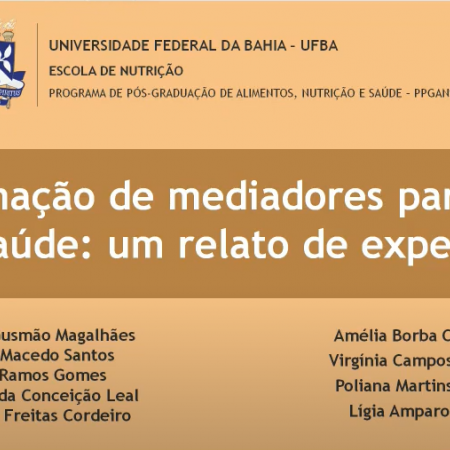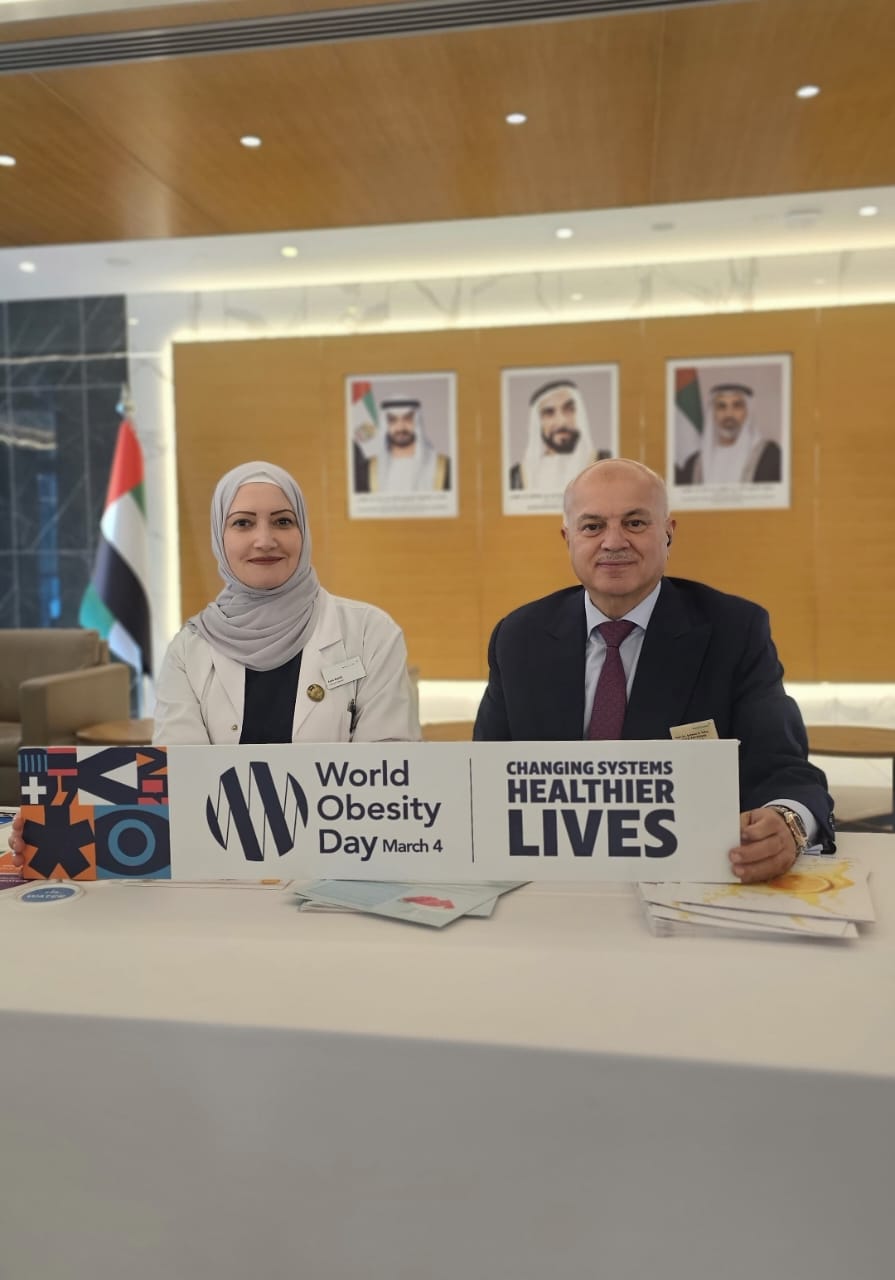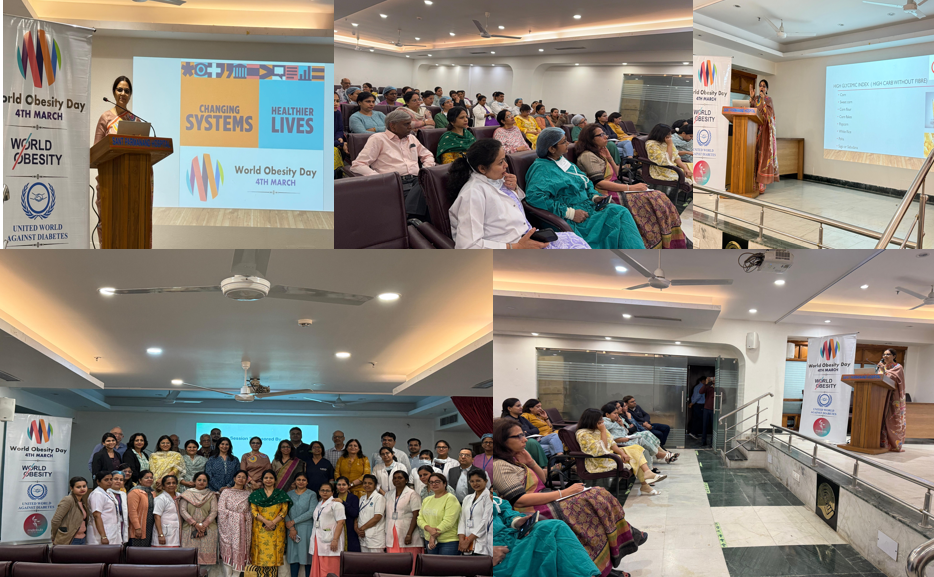Stories

Training mediators for EAD in obesity: an experience report
For World Obesity Day 2022, the Brazilian Obesity Panel convened obesity experts and organizations to share their experiences in preventing and controlling obesity in Brazil. This is one of their stories.
What was the objective of the project?
I am a nutritionist specialising in methodologies of higher education and preceptorship in the Unified Health System (SUS), I am pursuing my doctorate at UFBA, and I study education and obesity. I am also a university professor at the Health Sciences Center at UFRB, and I work with the theme of obesity & Nutrition in Collective Health in actions structured in the university tripos. I have been working on a project to train mediators to work in health courses in the distance learning modality, with a focus on the complex theme of the obesity phenomenon.
The training of mediators to work in distance education involves a series of steps that range from evaluating the curriculum, to knowledge about the area of concentration of the course, to understanding the teaching modality, to evaluating the training process and defining the attributions and interaction model of teachers and mediators. If this training is for a course to qualify the care for people with obesity, added to this demand is the challenge of building a scientific and pedagogical ballast to broaden the understanding of mediators regarding the construction of new narratives for this complex and multifactorial phenomenon.
What was the methodology used?
The construction of the model, the methodology for training mediators, and the experience and evaluation of the training process, carried out in 2021, was built by 8 members of the Training Commission and experienced by 9 mediator teachers over a period of 6 months. Virtual weekly and fortnightly meetings took place in Moodle/AVA, with the participation of guests. The meetings were structured with an introductory moment, presentation of the theme, extended discussion, survey and systematization of the main points debated, presentation of a proposal for an activity, and closing remarks.
What were the results obtained?
Initially, after selecting 10 mediators, a survey was conducted on topics relevant to the training process and necessary for the alignment of theoretical concepts that underpin the course. The training took place in the midst of the COVID-19 pandemic, totalling 40 virtual meetings that covered themes very dear" to the qualification of care in the context of obesity in Primary Care. Discussions ranged from the global syndemic of obesity, malnutrition and climate change; active living; food and nutritional security; fat activism; body, health and territory; stigma of obesity and the performance of health professionals; to mediation processes in distance learning. The mediators reported great satisfaction and utilization in the training experience, which qualified their pedagogical performance in the course offered to health professionals in the distance learning modality.
How have these results impacted the lives of people with obesity?
It was an action to train mediators, who went on to accompany the training of 189 managers and health professionals in the distance learning course offered by the ‘Qualification of care for overweight and obese people in the context of Primary Health Care in the state of Bahia: Integrating research, extension and training (PQCPSO)’, maintained by the Federal University of Bahia (UFBA), in partnership with the State University of Bahia (UNEB), the Federal University of the Recôncavo da Bahia (UFRB), the Health Secretariat of the State of Bahia (SESAB) and the Municipal Health Secretariat of Salvador (SMS).
By Carolina Gusmão Magalhães.
Find out more about the Federal University of Bahia (UFBA)
in collaboration with





